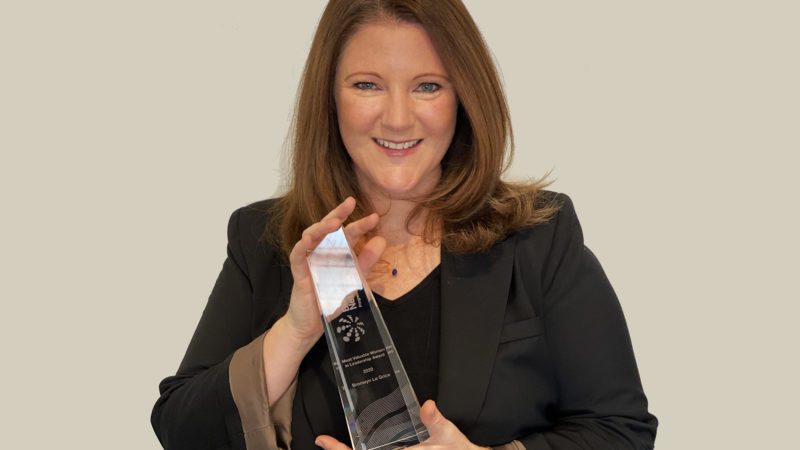STILL SEEKING OUTCOMES AFTER 6TH STOMA APPLIANCE SCHEME SCHEDULE REVIEW:
LOWER QUALITY OF LIFE AND OTHER HEALTH IMPACTS EXPERIENCED BY OSTOMATES
Matt Dalton
Chair, Stoma Industry Association
SEGMENT RELEASE
Filmed in Sydney, New South Wales | December 2024
A stoma is a surgically created opening in the abdomen to remove body waste, such as faeces and urine. Many conditions can require a stoma, including colorectal cancer, inflammatory bowel disease (IBD), Crohn’s disease and ulcerative colitis, bladder cancer, injury trauma, and congenital defects.
50,000 Australians have undergone the trauma and challenge of having a stoma inserted. Whilst the Australian Government invests in the appliances and products they need through the Stoma Appliance Scheme (SAS), this list is dated and doesn’t include as many of the products available in other countries. A new report commissioned by the Stoma Industry Association (SIA) shows Australia lagging countries such as the United Kingdom, Canada and Spain in supporting ostomates (people with a stoma).
The report found that the Quality of Life (QoL) for Australian ostomates is lower than other developed nations and the general community. The reason for this includes:
- Australia reimburses fewer products on the Stoma Appliance Scheme (SAS). The UK provides 60 per cent more, for example.
- Australian spending as a percentage of GDP is five times smaller than Canada, and three times smaller than the UK.
- There are fewer specialist nurses to support the patient population. According to the Australian Association of Stomal Therapy Nurses, “A Stomal Therapy Nurse (STN) specialises in the management of patients with faecal and urinary diversions. In addition, the STN is an expert in the management of difficult and draining wounds, fistulae, gastrostomies, acute and chronic wounds and associated skin care. In short, STNs can assist with advice and management of any stoma and wound issue, and may also provide continence advice.”
The report also details the daily challenges of Australian ostomates:
- 1 in 5 stoma patients isolate themselves from others
- 65 per cent of patients say their ability to work is negatively impacted
- 3 in 5 patients experience a reduction in intimacy
Stoma appliances and supporting products are subsidised by the Commonwealth funded scheme.
There have been five reviews of the SAS, none of which have been released. The current (sixth) review released earlier this year by the Australian Government.
Australian Health Journal spoke with the Stoma Industry Association Chair, Matt Dalton about the same access to products needed by 50,000 Australian ostomates and the quality of life as patients overseas.
You Might also like
-
Medicinal cannabis in Australia Update
According to the Australian Journal of General Practice, published by the Royal Australian College of General Practitioners, more than 130,000 medicinal cannabis approvals have been issued in Australia to date, mostly by general practitioners, with approximately 65% of these to treat chronic non-cancer pain. Despite robust supportive data from animal models, current clinical trial evidence for THC and CBD efficacy in chronic pain is incomplete. In their prescribing decisions, doctors must balance patient demand and curiosity with caution regarding potential risks and limited efficacy (Source: https://www1.racgp.org.au/ajgp/2021/october/medicinal-cannabis)
Australian Health Journal met with 3 speakers at the recent @arcsaustralia ARCS22 Conference providing an update on medicinal cannabis. The discussion with the speakers now centres on affordability and access.
-
Evolution of the pharmacy tribe
The past 18 months has shown the strength of Australian pharmacies in ensuring accessibility, credibility and maintaining rapport with the community to administer COVID-19 vaccinations, handle electronic prescriptions and looking to play an integrated role in aged care.
-
Most Valuable Women in Leadership 2020
ANDHealth Co-Founder and Managing Director Bronwyn Le Grice pioneered the unique non-profit industry-led model supporting Australian digital health companies navigate the commercialisation path to institutional investment and international market entry.



